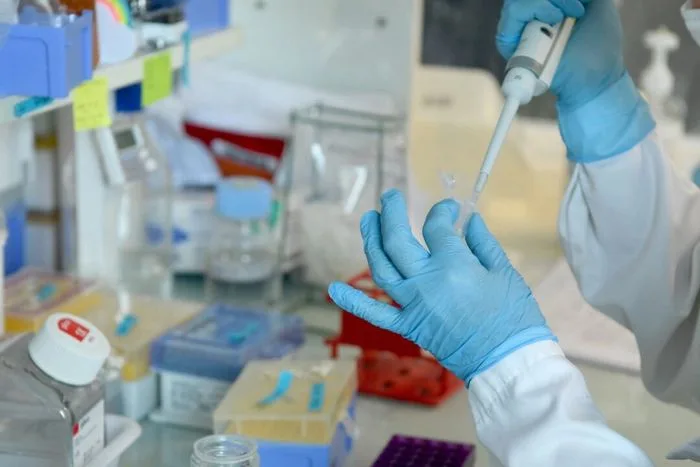By Tom Ozimek
An experimental gene therapy from uniQure slowed the progression of Huntington’s disease by 75 percent over three years, the company said on Sept. 24, raising hopes for the first treatment to alter the course of the fatal brain disorder.
Huntington’s is a rare inherited condition caused by a defective gene that leads to the production of toxic proteins in the brain. Symptoms typically appear in a person’s 30s or 40s and worsen steadily over 10 to 20 years, robbing patients of muscle control, cognitive ability, and independence. There are currently no approved therapies to slow or stop its progression.
The therapy, called AMT-130, is delivered in a one-time surgical procedure that infuses genetic material directly into brain cells.
In the study, the treatment slowed overall disease progression on a standard measure called the composite Unified Huntington’s Disease Rating Scale, which combines movement, thinking skills, and daily functioning. It also showed benefits on a separate scale called Total Functional Capacity, which tracks how well patients can manage everyday life independently.
“I believe these groundbreaking data are the most convincing in the field to date and underscore potential disease-modifying effects in Huntington’s disease, where an urgent need persists,” Dr. Sarah Tabrizi, professor of clinical neurology and director of the University College London Huntington’s Disease Center, said in a statement.
“These data indicate that AMT-130 has the potential to meaningfully slow disease progression–offering long-awaited hope to individuals and families impacted by this devastating disease.”
In addition to slowing overall decline, the study showed that patients maintained more of their ability to function day-to-day and saw favorable trends in memory and motor skills. Levels of a key biomarker of brain cell damage were lower in treated patients, suggesting the therapy may be protecting neurons.
“We are incredibly excited about these topline results and what they may represent for individuals and families affected by Huntington’s disease,” said Dr. Walid Abi-Saab, chief medical officer of uniQure, which is based in Amsterdam and has an office in Lexington, Massachusetts.
“These findings reinforce our conviction that AMT-130 has the potential to fundamentally transform the treatment landscape for Huntington’s disease, while also providing important evidence supporting one-time, precision-delivered gene therapies for the treatment of neurological disorders.”
The therapy was generally well tolerated, with no new serious side effects reported in nearly three years, uniQure said.
The company plans to ask U.S. regulators to approve the therapy in early 2026, aiming for a launch later that year. Roughly 41,000 people in the United States live with Huntington’s, with another 200,000 carrying the faulty gene.
If cleared, AMT-130 would mark the first approved therapy to slow Huntington’s disease, offering patients and families more years of independence in the face of a condition long considered untreatable.






